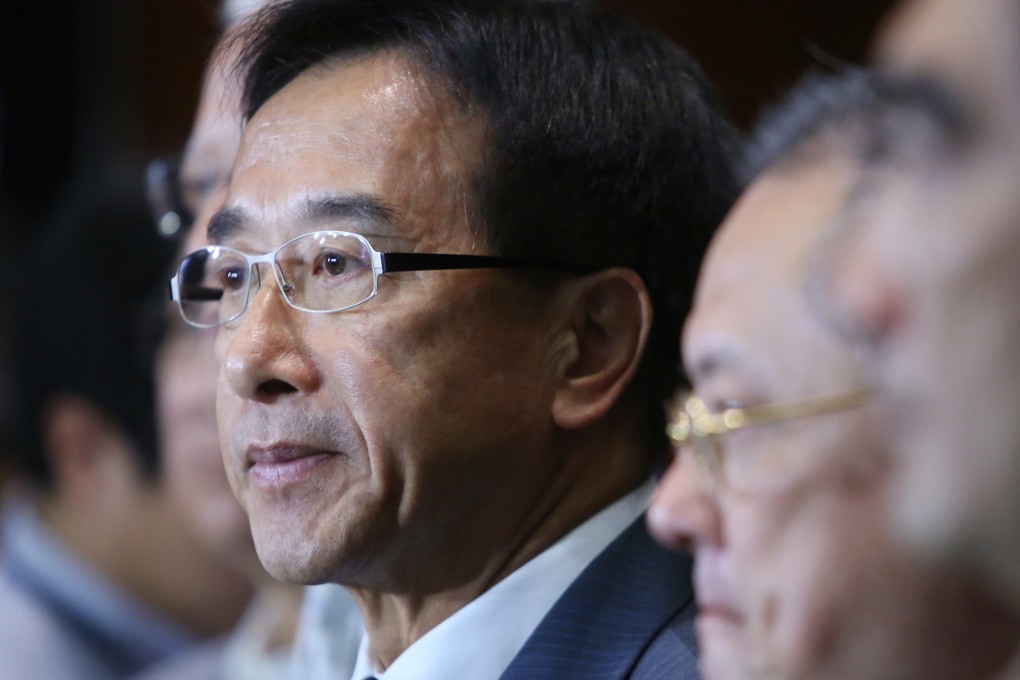Opinion | Hong Kong legislators who serve on a state body risk their independence - or their post
Frank Ching says James Tien's CPPCC sacking shows the dilemma facing local legislators who also serve on a state-controlled body

The Chinese People's Political Consultative Conference has been in the news because of the expulsion of Liberal Party leader James Tien Pei-chun from its ranks. It is often referred to as China's top advisory body. Its roots go back to the mid-1940s, when, in the midst of a civil war between the Communists and the Nationalists, a multiparty political consultative conference was held. This became the CPPCC in 1949 and, even today, it includes representatives of the Revolutionary Committee of the Kuomintang as well as other "democratic" parties.
There are also individual members who, like Tien, do not represent a political party. So Tien's dismissal did not require him to step down as Liberal Party leader. In fact, CPPCC chairman Yu Zhengsheng, who is No 4 in the Communist Party hierarchy, said Tien "remains a target" of the united front, whose strategy is to join with as many people as possible while isolating a "small number" of enemies.
The CPPCC is in the ambiguous position of being controlled by the party while also advising the party and the Chinese government.
Clearly, the party takes it seriously, not least because of Taiwan, where the KMT is the ruling party. The Communist Party recruits members into the "democratic" parties and defines the role of the CPPCC as to conduct political consultation and democratic supervision.
Thus, the party-state is meant to inform the CPPCC of its policies and seek its advice. The CPPCC then offers suggestions, criticism and supervision over how the party-state implements policies.
In the annual session in March, Xinhua reported that the CPPCC made almost 6,000 proposals and "offered many comments and suggestions". Oddly, though, Xinhua did not report on the CPPCC resolution to back Chief Executive Leung Chun-ying, which Tien fell foul of by publicly calling on him to consider resigning. This resolution preceded Beijing's white paper on Hong Kong in June, which created a firestorm, and the August 31 decision by the National People's Congress Standing Committee, which led to the Occupy protests.

